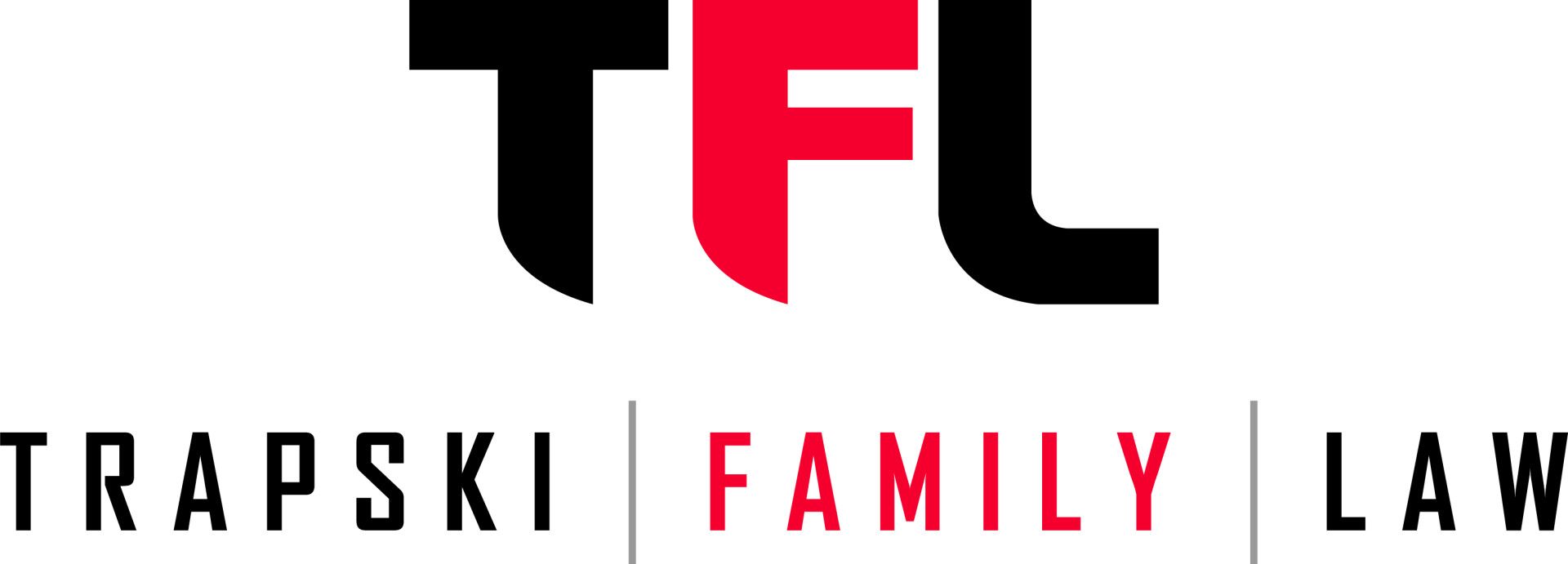LGBTQIA+ Family Law in Williams Landing
Trapski Family Law provides support with parenting, property and separation matters. We know family law, so submit an enquiry today to arrange confidential guidance tailored to diverse family needs.
Nature's Symphony
ButtonInclusive Family Law Services
At Trapski Family Law, we provide services tailored to LGBTQIA+ families, covering separation, parenting arrangements, property division and child support agreements. Since 2011, we have supported diverse family structures across Victoria. Our practice is accredited by the Law Institute of Victoria, aiming to ensure compliance with recognised professional standards.
We assist with matters such as recognition of parentage, surrogacy or adoption, alongside core issues like parenting arrangements, divorce and property settlements. For parenting matters, we explain options for parenting plans or consent orders, highlighting how the court considers the best interests of the child. Property and financial settlements are managed according to the Family Law Act, regardless of gender or identity. We also provide guidance for child support agreements, including limited and binding agreements, to help ensure children’s needs are clearly defined.
Our focus is on clear processes, confidentiality and straightforward explanations of every step. To discuss your circumstances or arrange a confidential consultation, please call us on (03) 8001 7070.
Support for Diverse Families
LGBTQIA+ family law in Williams Landing involves all of the same processes as other family law matters, but with some unique considerations. Parentage may require additional steps, such as surrogacy or donor arrangements, and we explain how these can be recognised legally.
Parenting arrangements are assessed based on the child’s best interests, with court-approved consent orders available for enforceability. Property matters follow the same principles as other couples, with assets and liabilities forming the combined pool for division. Child support agreements may also be drafted to reflect the specific financial needs of the family.
Services are delivered with confidentiality, lawful compliance and a structured approach that provides clarity on rights and responsibilities. For clients in Williams Landing, our guidance helps ensure that each stage of the process is explained, with clear communication and an emphasis on accuracy. Clients are encouraged to use the enquiry form to request a call-back or arrange a confidential consultation.
Recognition of parentage options
Parenting & property matters included
Request a call back
Thank you for contacting Trapski Family Law Geelong.
We will be in touch soon.
Oops, there was an error sending your message.
Please try again later.
Our Offices are located directly across the road from the Williams Landing Shopping Centre. Look for the building with the big orange frame on the outside.
FAQs
What does LGBTQIA+ family law cover?
LGBTQIA+ family law includes separation, divorce, parenting arrangements, property settlements and child support. It also addresses specific issues such as surrogacy, assisted reproduction, adoption and recognition of parentage in same-sex or gender-diverse families.
Are same-sex couples treated differently in family law?
No, Australian family law applies equally to same-sex and heterosexual couples. The Family Law Act governs divorce and property matters. The only differences may involve additional steps for legal recognition of parentage or parental rights.
How is parentage recognised in LGBTQIA+ families?
Parentage can be established through birth registration, adoption, surrogacy arrangements or court orders. The court may also issue parenting orders to formalise and legally recognise parental responsibilities, helping to ensure children’s care is supported by enforceable arrangements.
Do LGBTQIA+ families follow the same property settlement rules?
Yes, the same principles apply. Property settlements for LGBTQIA+ families involve identifying and valuing the asset pool, assessing contributions and considering future needs. Settlements can be formalised through consent orders or binding financial agreements.










